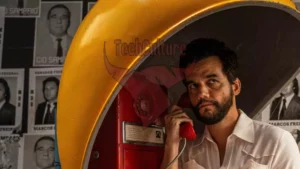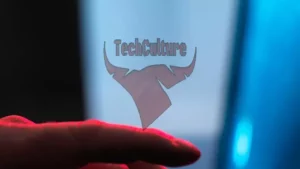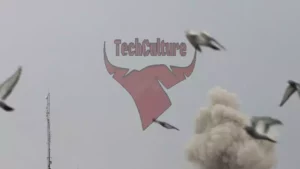NASA Considers Extending Astronauts’ Stay on ISS Amid Boeing Starliner Concerns
NASA is currently deliberating whether to extend the stay of two astronauts, Butch Wilmore and Suni Williams, at the International Space Station (ISS) until early next year. The space agency is weighing the option of returning them on SpaceX’s next flight instead of using Boeing’s Starliner capsule as originally planned.
The decision comes in light of recent technical issues with the Starliner, including thruster failures and helium leaks, which have raised concerns about the capsule’s ability to safely return the astronauts to Earth. Initially, Wilmore and Williams were expected to remain at the ISS for only a week.
Ken Bowersox, NASA’s space operations mission chief, stated that the agency is analyzing additional data before making a final decision. An announcement is expected by the end of next week or the beginning of the following week.
The thrusters in question play a crucial role in maintaining the capsule’s position during its descent to Earth. Bowersox emphasized the importance of utilizing the available time wisely to ensure the safety of the mission.
If NASA opts to switch to SpaceX for the return journey, it would necessitate adjustments to the next ferry flight crew. Wilmore and Williams would occupy the empty seats in SpaceX’s Dragon capsule. However, this change presents logistical challenges due to the limited docking spots available at the space station.
To accommodate the potential switch, Boeing’s capsule would need to depart before SpaceX’s Dragon arrives. NASA aims to keep the current SpaceX crew at the ISS until their replacements arrive. It’s worth noting that the current crew’s mission was already extended by seven months due to previous issues with the Starliner.
This situation highlights the ongoing challenges faced by NASA’s commercial crew program. The space agency contracted SpaceX and Boeing to transport astronauts following the conclusion of the shuttle program in 2011. While SpaceX successfully completed its first astronaut flight in 2020, Boeing has encountered significant setbacks. The company’s initial test flight in 2019 faced major issues, resulting in costly fixes and delays.
As NASA continues to evaluate the situation, the space agency remains committed to ensuring the safety and success of its missions to the International Space Station.




